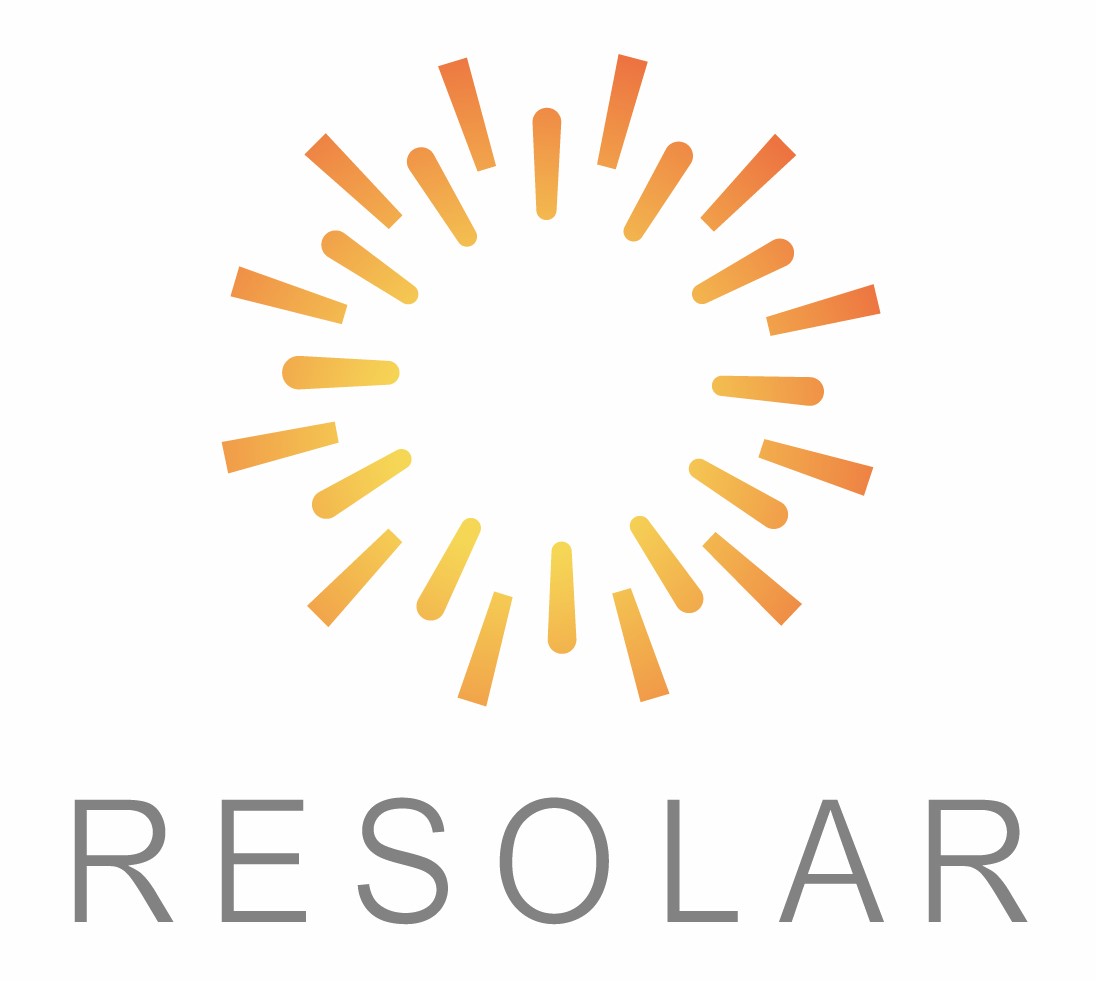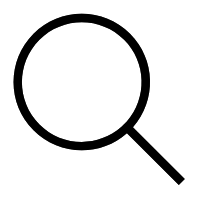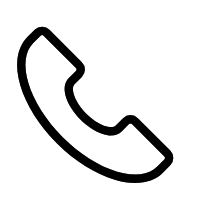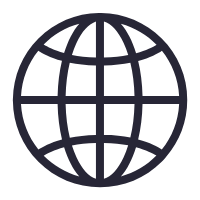News Center
—— NEWS CENTER ——
In 2022, the quantity of photovoltaic modules deployed in the German market was 703,253 tons, which increased to 801,921 tons in 2023. According to Eurostat data, Germany recycled a total of 16,430 tons of photovoltaic modules in 2022. From 2016 to 2020, the total reported recycling volume of photovoltaic module waste in Germany was 42,300 tons.
In Germany, the funding mechanism for the recycling and treatment of photovoltaic modules is divided into two categories: Business-to-Consumer (B2C) and Business-to-Business (B2B). The B2C mechanism applies to scenarios where photovoltaic modules are sold directly to private households or users with similar needs, while the B2B mechanism is intended for commercial-use photovoltaic modules, where product responsibility is transferred to the final owner of the modules.
I. Funding Tiers Under the B2C Mechanism
The B2C funding mechanism consists of two tiers: Level 1 and Level 2, with specific responsibilities as follows:
- Level 1 Guarantee: Covers module recycling operations, direct recycling, and processing costs, including expenses related to "orphaned PV modules." Here, "orphaned modules" refer to waste modules from manufacturers that have ceased operations.
- Level 2 Guarantee: Provides financial support for the future recycling and treatment of photovoltaic module waste.
After registering with the German Electrical and Electronic Equipment Waste Register (Stiftung EAR), manufacturers must bear Level 1 guarantee costs based on their current market share and declare Level 2 guarantee costs for their products in the market. Manufacturers can choose between two models for recycling operations: establishing their own recycling system or joining an industry cooperation organization. Among the many cooperation organizations, PV Cycle and take-e-way are the two most influential. If a manufacturer exits the market, the remaining manufacturers must assume the financial guarantee responsibilities corresponding to its former market share.
II. Responsibilities and Cost Allocation Under the B2B Mechanism
The B2B mechanism primarily applies to solar park operators, with responsibility and cost allocation rules as follows:
- For photovoltaic modules placed on the market after October 24, 2015, the manufacturer or its authorized representative is responsible for recycling and treatment costs.
- For "orphaned modules" (i.e., modules from manufacturers that have ceased operations), recycling and treatment costs are borne by the end user.
Reiling Group is a core enterprise in the field of silicon (Si) photovoltaic module recycling in Germany. In June 2023, the group launched a dedicated recycling facility for silicon-based modules in Münster, a hub for photovoltaic module recycling capacity. The Münster facility is designed with an annual recycling capacity of 50,000 tons to meet the growing demand for end-of-life (EOL) photovoltaic module treatment. By 2024, the facility had recycled and processed 11,500 tons of photovoltaic modules.
In the field of non-silicon thin-film module recycling, Germany currently has only one commercial/industrial-scale recycling facility: First Solar's plant in Frankfurt (Oder), which specializes in cadmium telluride (CdTe) module recycling. The annual recycling capacity of First Solar's German plant is 10,000 tons, and it also handles CdTe module recycling business from other European countries.
About RESOLAR
Shanghai RESOLAR Energy Technology Co., Ltd. is committed to becoming a recycled material photovoltaic group with deep decarbonization. RESOLAR focuses on technological innovation and builds a world-leading solution for component recycling, impurity removal of damaged cells, recycled silicon materials and cells, and cascaded utilization of components. With professional technology and services, we help customers realize the recycling and reuse of waste photovoltaic resources, and make positive contributions to the development of environmental protection and new energy industries. For more detailed information, you can browse the official website: www.resolartech.com .
Latest developments/news
Contact information
Service Hotline: 13585742918 (Monday to Friday 9:00-18:00)
Enterprise email: ps@resolartech.com (Reply within 48 hours after receiving the email consultation!)
Company Address: Building 8, No. 1528, Wangxu East Road, Fengjing Town, Jinshan District, Shanghai (Caohejing Fengjing Park)



